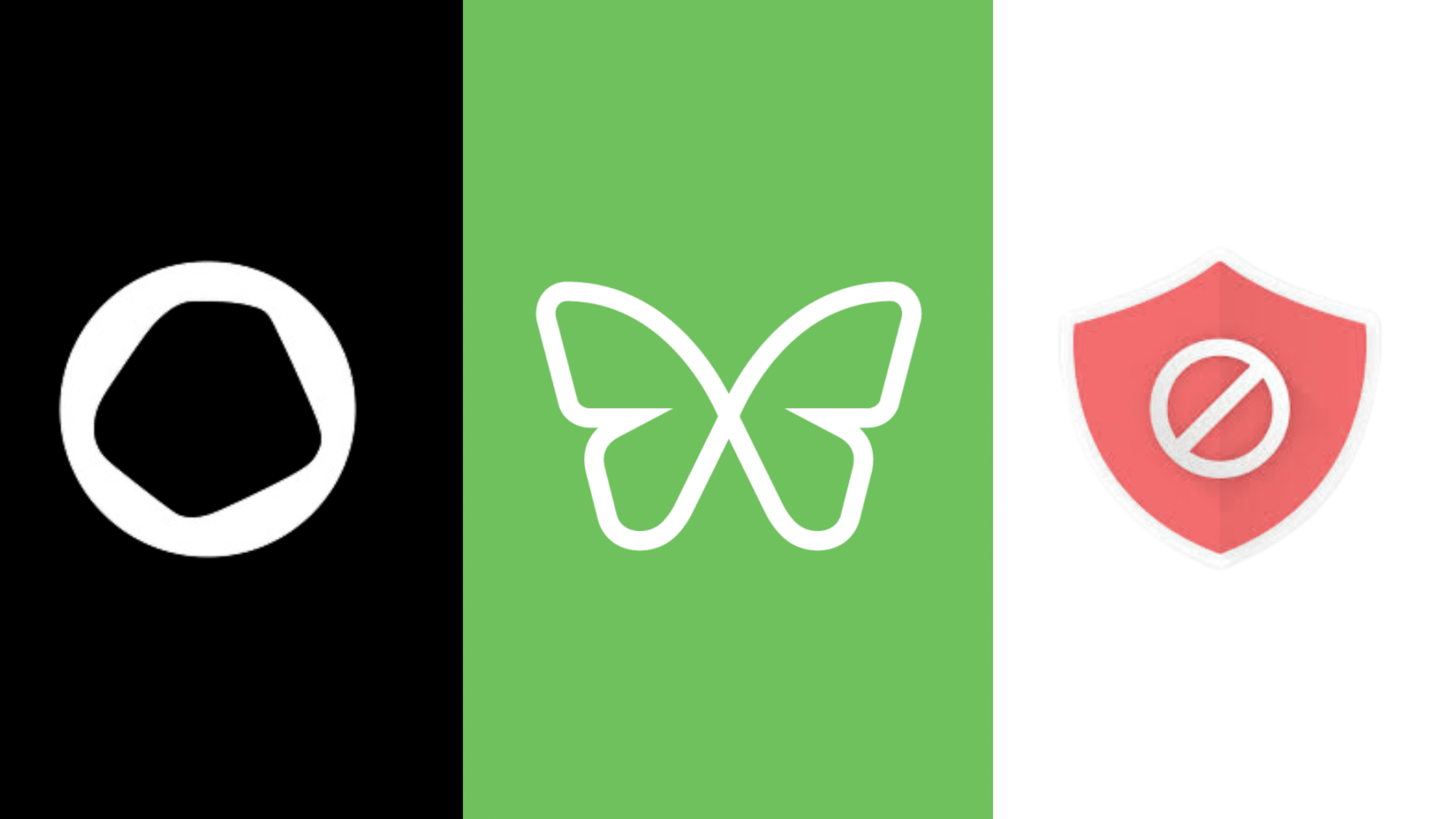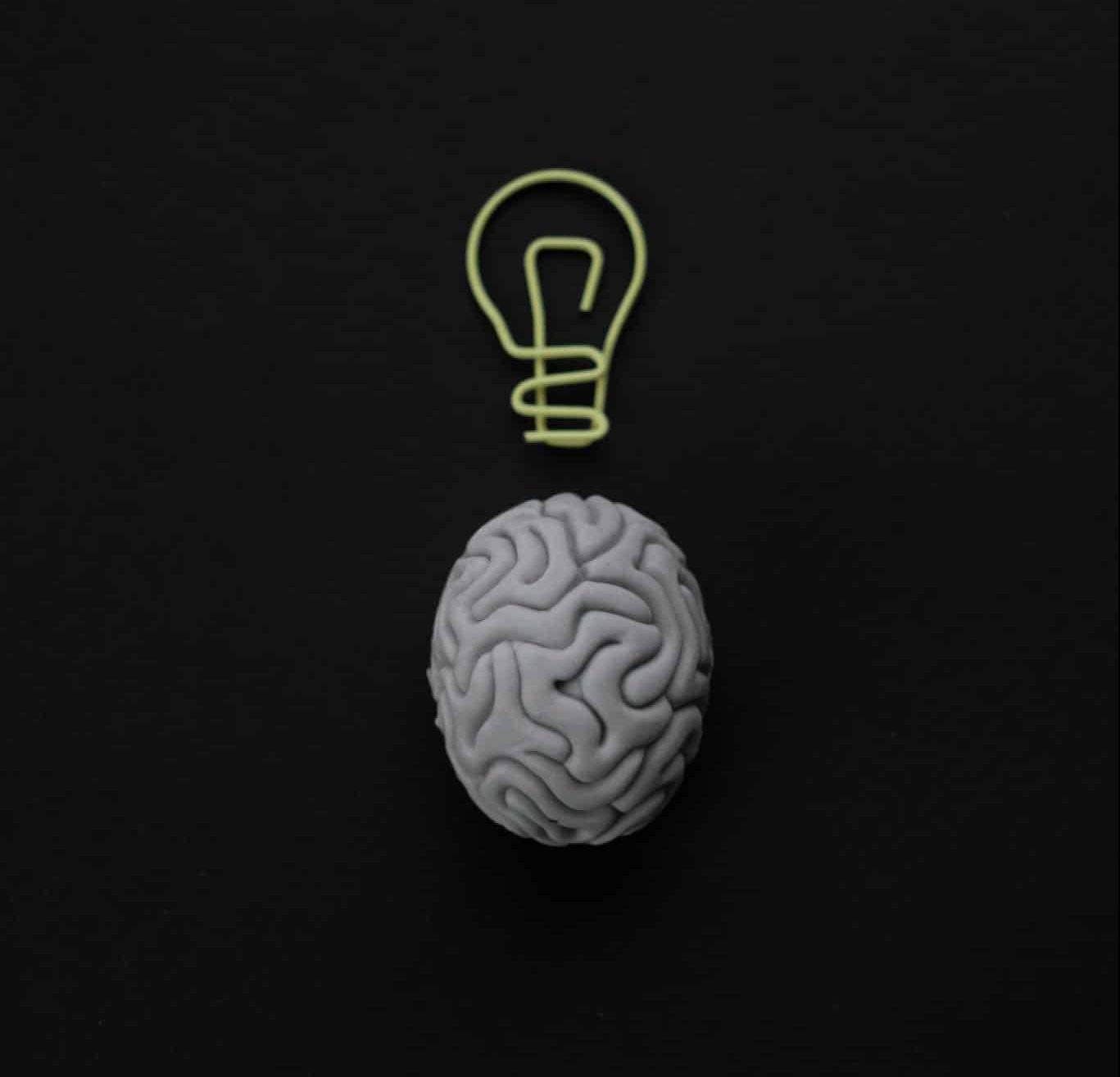Kyle Gawley: Building a Profitable Business While Living Your Perfect Lifestyle is Possible!

This digital nomad traded the stressful world of VC in favor of sustainable entrepreneurship
Here at Freedom, we frequently find ourselves inspired by the people who use our product. From Academy Award-nominated screenwriters, bestselling authors, editors, and journalists, to developers, illustrators, designers, academics, and entrepreneurs – the Freedom community is packed with curious, creative, and passionate go-getters.
We love to share your stories because we believe the best way to solve the problems we face at work in today’s world is to learn from those who are living those experiences daily– and thriving while they do so!
Meet Kyle Gawley
Kyle Gawley is a Software Developer and founder of Gravity, a SaaS boilerplate that helps developers slash development costs and build products faster, empowering them to focus on building features that truly matter.
In 2012, Kyle co-founded Get Invited –an event registration service that leveraged the power of social marketing– and grew it to $5m in sales while working with customers like Game of Thrones and Jason Calacanis.
After a traumatic experience in hospital, he pivoted and built Gravity single-handedly as a solopreneur while traveling the world, learning to enjoy the journey of slow entrepreneurship, and working on his first book, Rocket Science, about indie software development.
We recently caught up with Kyle to learn more about the world of indie hacking and how he has learned to build a sustainable tech business as a digital nomad, and take control of social media’s negative effects.

You describe yourself as an Indie-Hacker. Can you briefly describe what this means?
An indie hacker makes (hacks) their own products while working independently without outside funding from venture capital. They may work in small teams or as a solopreneur (like myself).
Founders who work insane hours while destroying their health and personal lives are often championed as heroes but this journey is not sustainable for most people.
Entrepreneurship is a marathon, not a sprint.
In your upcoming book, you write about your experience of being hospitalized due to extreme stress. What were the main things that contributed to your burnout?
It was a combination of factors – I had a dangerous bacteria called H.pylori living in my stomach that was causing me pain and daily vomiting. H.pylori responds badly to stress (not ideal for startup life) and I was putting myself through a huge amount of stress and anxiety chasing after venture funding rounds while growing the product and managing a team. Eventually, my body and mind had had enough and I ended up being hospitalized.
What is it about the world of VC that makes it particularly stressful for developers and entrepreneurs?
The idea that there is only one way to build a tech business: raising lots of capital, growing fast, and aiming for a quick exit is particularly dangerous, in my opinion. Yet, this is the narrative so often peddled by the mainstream tech media.
Founders who walk this path and work insane hours while destroying their health and personal lives are often championed as heroes, and other founders want to follow in their footsteps.
This journey is not sustainable for most people; entrepreneurship is a marathon, not a sprint. Getting burnt out on the first venture (especially if it fails) is not a great start to the race. For me, the stress resulted from constantly chasing investment while being under the constant pressure of running out of money.
I prefer my journey now because I’ve built a profitable business and can go deep into the work I enjoy without constantly chasing after another moving target. Entrepreneurship is a 40+ year play for me, and I’m taking my time and enjoying the view as I go.
Social media took its toll on my productivity and wellbeing. I was constantly stimulating my mind with random emotions from the internet that had no real relevance to my daily life.
At what point did you realize that tech was taking a toll on your productivity and time?
I’ve always been aware in the back of my mind that social media and smartphones have a significant downside. Still, it recently came to light when I found myself chronically checking Twitter throughout the day and realized I was teetering on addiction.
It took its toll on my productivity and overall wellbeing because I was constantly stimulating my mind with random emotions from the internet that had no real relevance to my daily life.
With Freedom blocking your digital distractions, what is the biggest change you’ve seen in your day?
Social media’s impact on my brain and wellbeing has caused me significant alarm. I’ve been using Freedom to create a three-hour daily social media and email window.
I’ve noticed a massive shift in my thinking and mental clarity; I feel much calmer in general with less anxiety. I don’t spend much of my mental energy thinking about social media anymore.
I’m more productive and focused because most of my workday is spent without distractions and constantly bouncing around Twitter, convincing myself that I’m doing work.
How do you stay motivated and focused on a daily basis? Do you have a routine, process, or place that helps to get into a productive flow?
Routine is hugely important to me, I experimented with being a digital nomad and changing location every few weeks, but it came at a considerable cost to my productivity. Now I cycle between 2-3 different places and get into a consistent routine. A good working environment with a proper desk and chair while being free of noise and distractions also helps.
You’re writing a book at the same time as running your own business. How do you make time for writing? Do you have a routine or habit of writing every day?
I wish I could say I have a disciplined routine for writing, but it’s a bit haphazard at the moment, ha! I write when I feel inspired to, although I should be writing every day, and that’s something I need to work on incorporating into my routine.

What is one small shift that you have made about the way you spend your time that had the largest impact on your quality of life?
Restricting my social media usage and not consuming the news daily. It’s completely changed my brain chemistry and my life because I’m investing the saved time into hobbies and activities.
What do you do outside of your work routine that helps you stay productive?
I can’t function without a good night’s sleep, so I make sure that I get 7-8 hours every night (10 pm-6 am). I drink two cups of coffee in the morning, eat a plant-based diet (which hugely helps with the afternoon slump), and then I go to the gym around 4 pm every day to clear my head.
I’m not a fan of working long hours, so I work 5-7 hours per day and make them count. I can’t do more than 3-4 hours of intense programming most days, so it becomes counterproductive for me, and I end up creating more problems than I solve when I code in a state of mental fatigue.
What projects are you currently working on that you are most excited about?
My main product is Gravity – a software boilerplate that helps developers build web applications at warp speed. It cuts down development time by providing a template application with all standard features required by most apps pre-built. So rather than spending time building login or payment systems, developers can focus on building features that provide value to end-users.

Follow Kyle on Twitter, subscribe to the Gravity YouTube channel, and download a sample chapter of Rocket Science.



